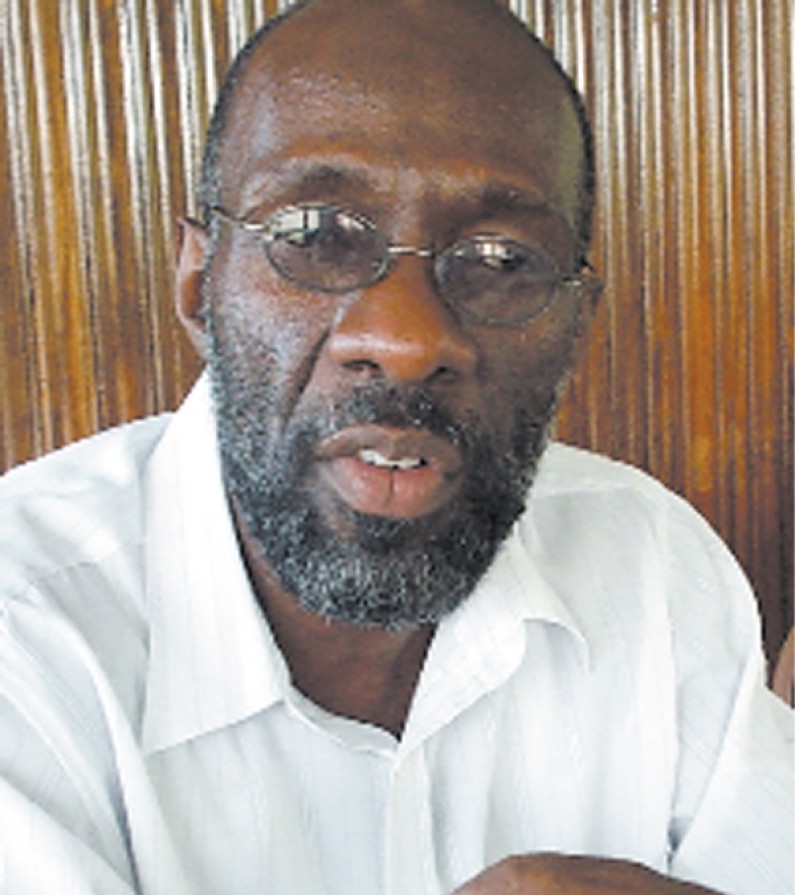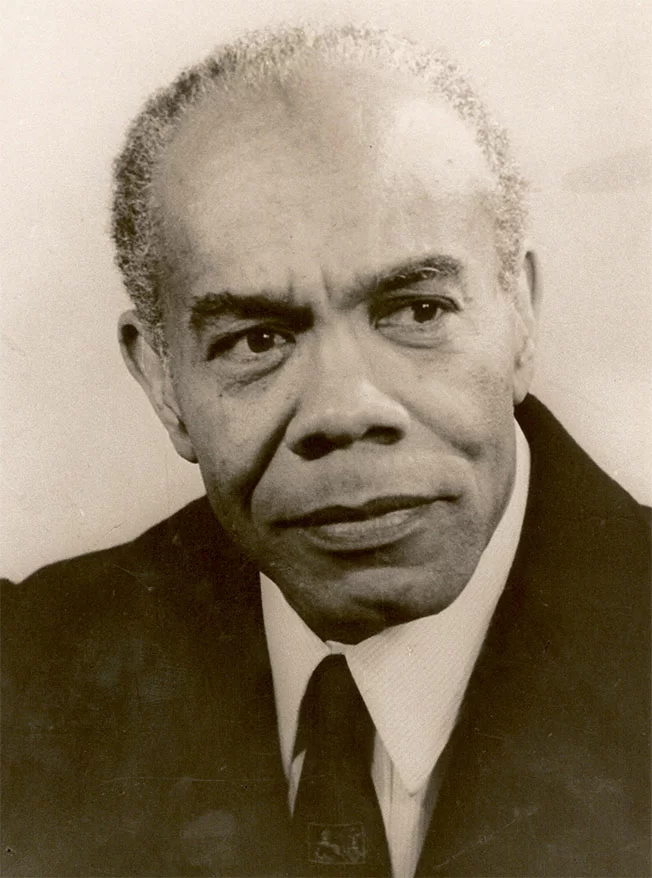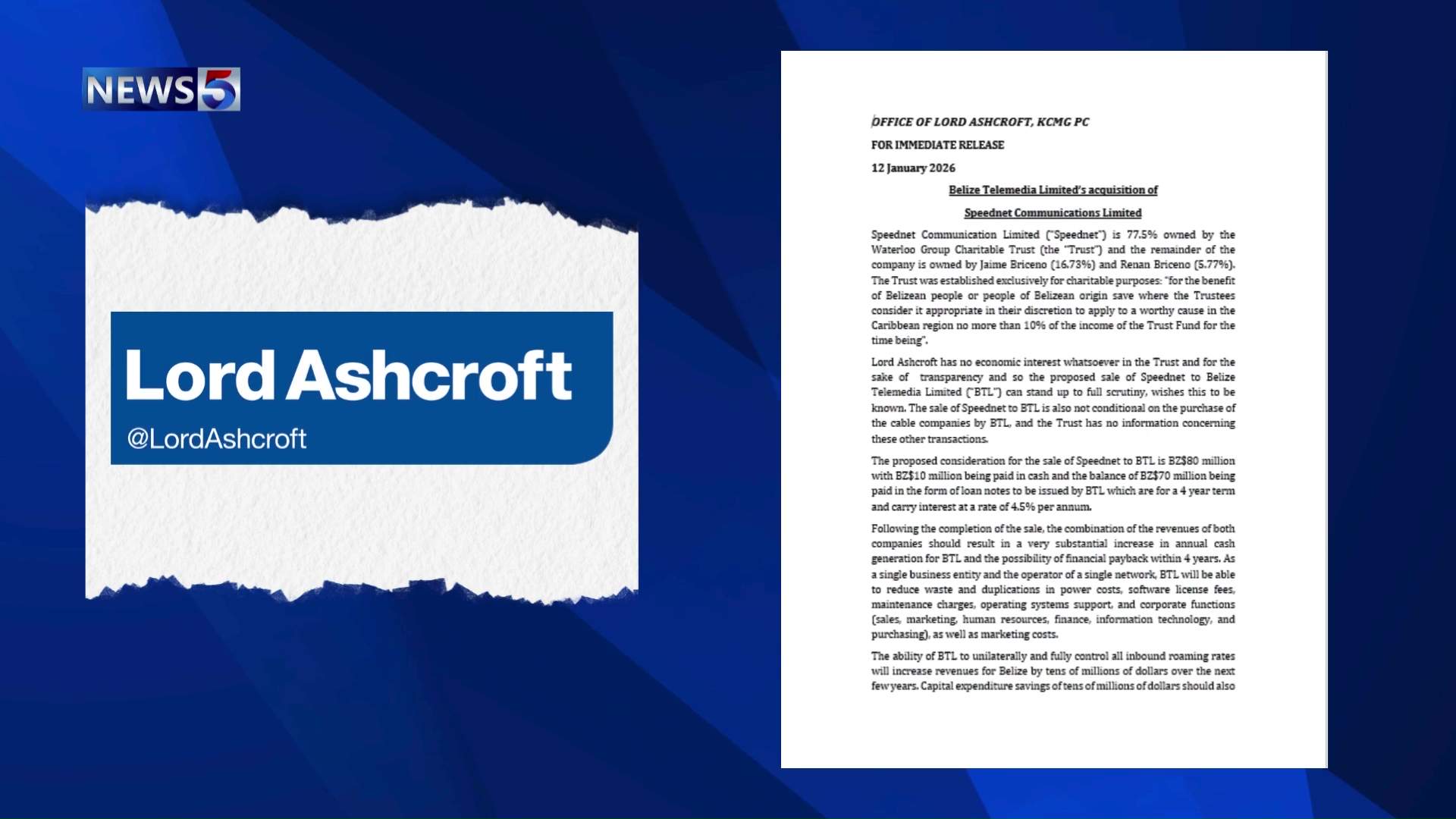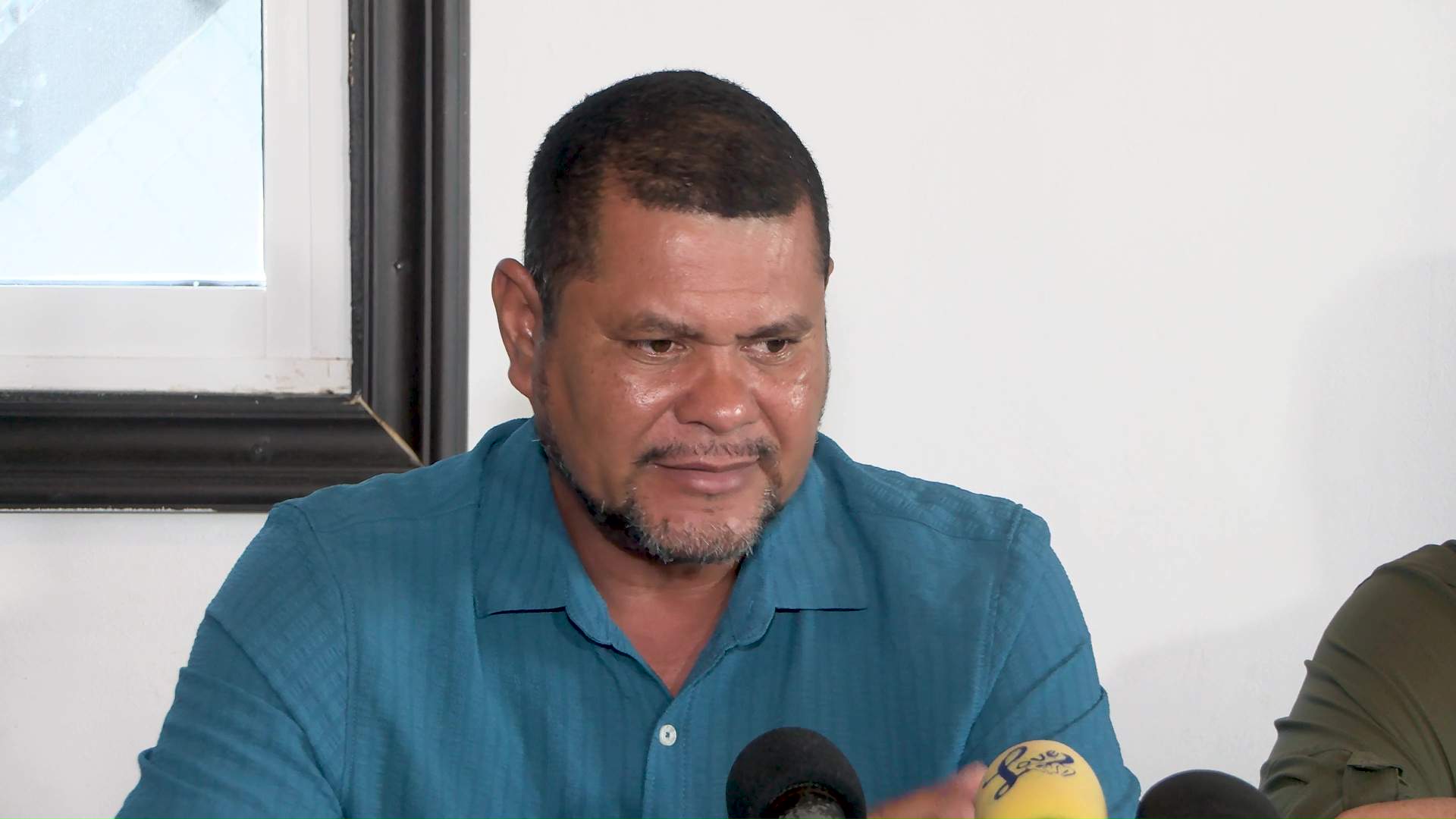In a landmark ruling with significant implications for free speech and government accountability, the Guyana High Court has delivered a mixed verdict in a high-profile defamation case involving Vice President Bharrat Jagdeo and opposition figure Vincent Alexander.
Justice Fidela Corbin-Lincoln ruled Monday that the Department of Public Information (DPI) and Attorney General Anil Nandlall must pay Alexander GY$10 million (approximately US$48,000) in damages for publishing defamatory statements that questioned his integrity and implied financial misconduct. The court additionally ordered the state entities to remove the contested content from their website by January 16, 2026, and pay Alexander GY$500,000 in legal costs.
The case centered on an August 2022 interview published on DPI’s official platform where Jagdeo accused Alexander and other officials of the International Decade for People of African Descent Assembly-Guyana (IDPADA-G) of exploiting the Afro-Guyanese cause for personal enrichment using public funds.
Justice Corbin-Lincoln determined the allegations portrayed Alexander as “dishonest, lacking integrity, and engaged in unethical, unscrupulous conduct for personal financial benefit.” She emphasized the particularly damaging nature of the publication given its official state media origin, which would “command a high degree of respect” among the public regarding matters of public fund usage.
In a simultaneous ruling, the court found that Vice President Jagdeo’s comments, while defamatory and unsubstantiated, were protected by qualified privilege due to his position as a public official. The judge noted that Jagdeo had a “duty to inform the public about the use and potential misuse of public funds,” and the public had a “corresponding right to know.” Since Alexander failed to prove malice in Jagdeo’s statements, the court ordered Alexander to pay Jagdeo GY$350,000 in legal costs.
The judgment highlighted the ongoing nature of the harm, as the defamatory content remained accessible worldwide on the government website throughout the litigation process, with no retraction or apology offered by the defendants.









